Freedom Fighters of India |
India, the largest democracy of the world, got independence in 1947. It was a momentous year in the history of India when it gained freedom from the British Empire that ruled it over 100 years. It was not only the British who ruled the country but also many others. It began with the Aryans who came from the Central Europe; followed by the Persians, the Iranians and the Parsis who immigrated to India; and then the Mughals who came and settled down permanently in India. Many a times, the Mongolians looted and invaded India. The Portuguese and the French also entered the country and built there colonies. Finally, the British came and ruled the country for years. The freedom of India was not easily gained. It is not an easy task for a nation to free itself from the clutches of an empire that has been ruling it for years. The freedom struggle in the country went on for decades and the freedom fighters played a significant role in attaining independence.
The freedom fighters of India played an extensive role in getting independence for the country. The 'Revolt of 1857' was the first war of independence of India. The revolt started as a mutiny by the sepoys of the East India Company. The Muslim and the Hindu sepoys together began this revolt. Rani Lakshmibai, Mangal Pandey, Bahadur Shah Zafar, Nana Sahib and Tatya Tope were some of the active leaders and freedom fighters who fought in the revolt. Mangal Pandey is considered as the hero in the modern India because he had played a pivotal role in beginning the revolt against the British. Rani Lakshmibai is considered as the symbol of resistance to the British rule and was one of the leading figures of the rebels in 1857.
In 1876, another movement started against the British rule. It was the foundation of the Indian National Congress (INC). Surendranath Banerjee laid the foundation of the party. Bal Gangadhar Tilak, Dadabhai Naoroji, Chittaranjan Das and Jawaharlal Nehru were active leaders of the INC. It was Mohandas Karamchand Gandhi who gave a push to the party and raised the struggle for freedom in a non-violent way. His Non-Cooperation Movement was a great success and a stepping stone for Indian freedom struggle.
While on one side Gandhi was following the ideologies of non-violence and peace, on the other there was a group of youth who wanted to attain independence by hook or by crook. These revolutionaries were quite influential in the nation and inspired many. Chandra Shekhar Azad, Ram Prasad Bismil, Ashfaqulla Khan and Jogesh Chandra Chatterjee were some of the revolutionaries who executed the Kakori conspiracy. Bhagat Singh, Batukeshwar Dutt, Sukhdev Thapar and Shivaram Rajguru threw bomb in the assembly house. After the incident, Bhagat Singh, Sukhdev and Rajguru were hanged to death and are considered as martyrs today. These young men got ignited after the death of Lala Lajpat Rai who died after protesting against the Simon Commission.
Subhash Chandra Bose was also a dynamic leader in the freedom struggle of the country. His role in making the Swaraj Party a strong national party in the country paved way to gain independence.
There were many other freedom fighters who had fought for the nation and sacrificed their lives.
With the contribution of these freedom fighters and their freedom struggles and movements, India attained independence on 15 August 1947. The hardships they faced and the sacrifices they made (which even include many lives) led to the freedom of the country. Mahatma Gandhi, who is considered to have played a very important role in the struggle, is known as the 'Father of the Nation'. Dr. Rajendra Prasad became the first President of the Republic of India. Jawaharlal Nehru became the first Prime Minister of independent India and Sardar Vallabhbhai Patel became the first Deputy Prime Minister. B. R. Ambedkar became the principle architect of the Constitution of India.
India at Present
It has been almost seven decades since India gained independence and the country has progressed at a faster pace. The nation has been growing economically and socially and is heading towards development. If these freedom fighters had not contributed in the freedom struggle, the current situation of the country would have been different. India, the democratic republic, might not have headed for success. We are independent and free today only because of the efforts and sacrifices made by our country's freedom fighters.
WBST020715
WBVDA
The Role of the Freedom Fighters
The freedom fighters of India played an extensive role in getting independence for the country. The 'Revolt of 1857' was the first war of independence of India. The revolt started as a mutiny by the sepoys of the East India Company. The Muslim and the Hindu sepoys together began this revolt. Rani Lakshmibai, Mangal Pandey, Bahadur Shah Zafar, Nana Sahib and Tatya Tope were some of the active leaders and freedom fighters who fought in the revolt. Mangal Pandey is considered as the hero in the modern India because he had played a pivotal role in beginning the revolt against the British. Rani Lakshmibai is considered as the symbol of resistance to the British rule and was one of the leading figures of the rebels in 1857.
In 1876, another movement started against the British rule. It was the foundation of the Indian National Congress (INC). Surendranath Banerjee laid the foundation of the party. Bal Gangadhar Tilak, Dadabhai Naoroji, Chittaranjan Das and Jawaharlal Nehru were active leaders of the INC. It was Mohandas Karamchand Gandhi who gave a push to the party and raised the struggle for freedom in a non-violent way. His Non-Cooperation Movement was a great success and a stepping stone for Indian freedom struggle.
While on one side Gandhi was following the ideologies of non-violence and peace, on the other there was a group of youth who wanted to attain independence by hook or by crook. These revolutionaries were quite influential in the nation and inspired many. Chandra Shekhar Azad, Ram Prasad Bismil, Ashfaqulla Khan and Jogesh Chandra Chatterjee were some of the revolutionaries who executed the Kakori conspiracy. Bhagat Singh, Batukeshwar Dutt, Sukhdev Thapar and Shivaram Rajguru threw bomb in the assembly house. After the incident, Bhagat Singh, Sukhdev and Rajguru were hanged to death and are considered as martyrs today. These young men got ignited after the death of Lala Lajpat Rai who died after protesting against the Simon Commission.
There were many other freedom fighters who had fought for the nation and sacrificed their lives.
Role after Independence
With the contribution of these freedom fighters and their freedom struggles and movements, India attained independence on 15 August 1947. The hardships they faced and the sacrifices they made (which even include many lives) led to the freedom of the country. Mahatma Gandhi, who is considered to have played a very important role in the struggle, is known as the 'Father of the Nation'. Dr. Rajendra Prasad became the first President of the Republic of India. Jawaharlal Nehru became the first Prime Minister of independent India and Sardar Vallabhbhai Patel became the first Deputy Prime Minister. B. R. Ambedkar became the principle architect of the Constitution of India.
India at Present
It has been almost seven decades since India gained independence and the country has progressed at a faster pace. The nation has been growing economically and socially and is heading towards development. If these freedom fighters had not contributed in the freedom struggle, the current situation of the country would have been different. India, the democratic republic, might not have headed for success. We are independent and free today only because of the efforts and sacrifices made by our country's freedom fighters.
WBST020715
WBVDA
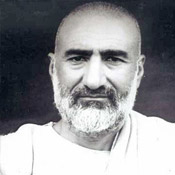
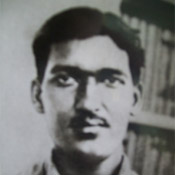
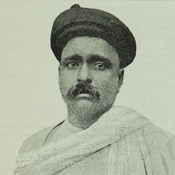
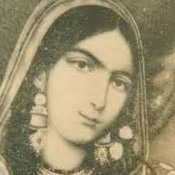
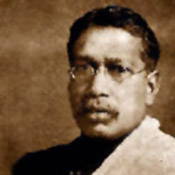
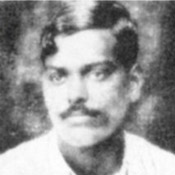
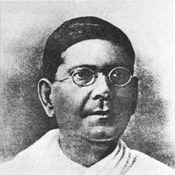
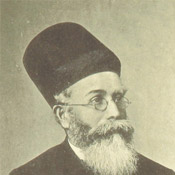
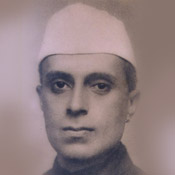
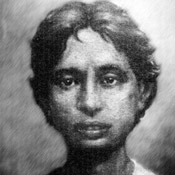
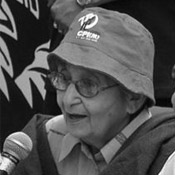
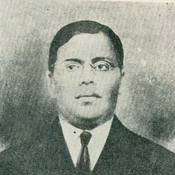
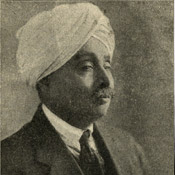
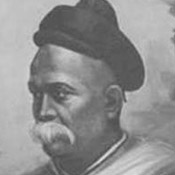

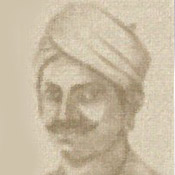
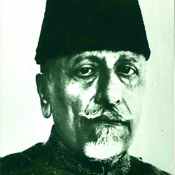
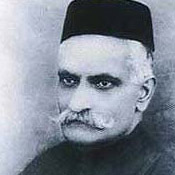
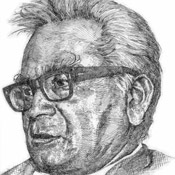
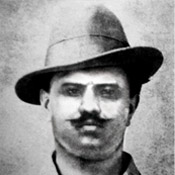
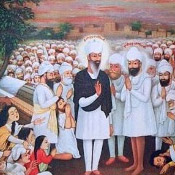
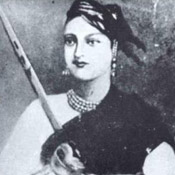
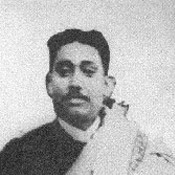
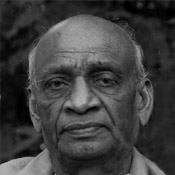
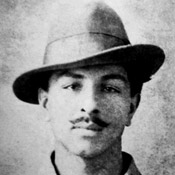
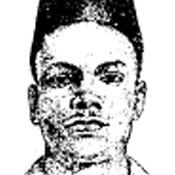
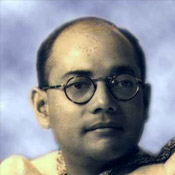
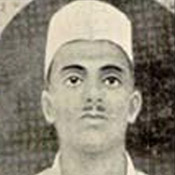
No comments:
Post a Comment